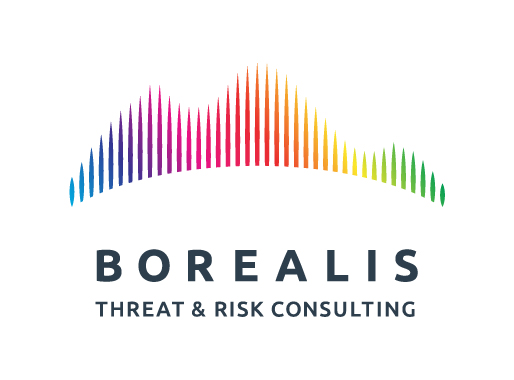This piece appeared in the Epoch Times on February 10, 2023.
There is an old joke that goes something like this. Q: How do you find a Canadian in a crowded room? A: Punch people in the arm and the first person to say sorry to you is Canadian!
We are an apologetic bunch north of the 49th. This is sometimes used to contrast us with our neighbours to the south who are brasher, more confident, and do not see the need to keep muttering “my bad” in just about any situation. This is a little unfair, of course, but I think you get the point.
At times this attitude is justified and required. Take residential schools and other ills committed against our First Nations over decades. Inexcusable policies and actions should be the cause for attrition, as the damage done has been so widespread. I do not think anyone would argue with that.
Then again, there are occasions where the caution and semi-apology strikes us as ill-placed. Take the recent announcement by the public safety minister that the Trudeau government would consider a registry to unmask “foreign agents”—i.e., anyone working for a foreign power and engaged in actions not in Canada’s interests—but would do so “in a culturally sensitive way.” Other added cautions referred to communities in Canada which may have felt “targeted” by our security agencies in the past. In other words, we may get such a registry but we will apologize for inconveniencing people too.
Before I go on, what “foreign agents” are we talking about? Well, it’s not rocket science: The elephant in the room (or should it be the panda?) is China. It has for decades been aggressive in sending to, and recruiting in, Canada individuals to further its own agenda and stifle any criticism of the regime. The list is legion: harassment of Uyghurs, Tibetans, Falun Gong, and Hong Kongers; theft of Canadian technology; establishment of “police stations” to monitor Canadians of Chinese origin and possible forced return to China; and interference in our elections. For decades CSIS has been advising a variety of governments of these activities, but it is far from clear that officials have been listening.
The position of the current government strikes me as in lockstep with the notion that CSIS and the RCMP are riven with “systemic racism.” The notion that investigations at CSIS, for example, are carried out based on some kind of deep-seated sense of discrimination and not on intelligence pointing to a threat to national security as defined under section 2 of the CSIS Act—in which clause 2 b) refers explicitly to foreign interference—is ludicrous.
The same level of ignorance is tied to accusations that CSIS focused its counter-terrorism work on Islamist extremists because it is “Islamophobic.” The fact is, Canadian jihadis have planned acts of terrorism here and abroad, and this form of violence still dominates as the world’s terrorism scourge.
We need to let CSIS advise the government on what its intelligence shows—free of undue influence or agenda-setting. The role of the service in any “foreign agent registry” would be paramount, and it must be allowed to perform its mandate without assumptions that it is doing so in a biased way. Does the government want to learn who these agents are and what they are up to, so it can take the necessary action, or does it not?
The treatment of CSIS, the RCMP, and others under the Trudeau government over the past few years is worrisome. There is a conviction that they are not doing their jobs for the right reasons, i.e., keeping Canada and Canadians safe, but rather out of some endemic hatred for certain communities. When our protectors are constantly questioning whom and what to keep their eyes on for fear of unwarranted criticism from above, our enemies and threat actors will have freer reign to take actions against our interests. This simply has to stop.
Sometimes when someone punches you in the arm you need to punch back, not say you are sorry to your attacker.

